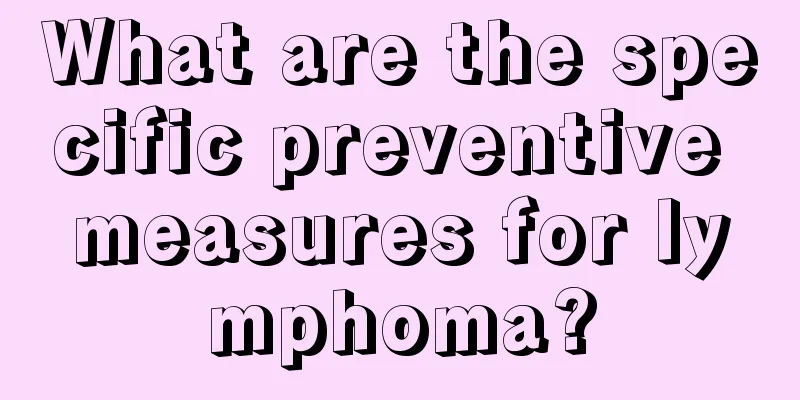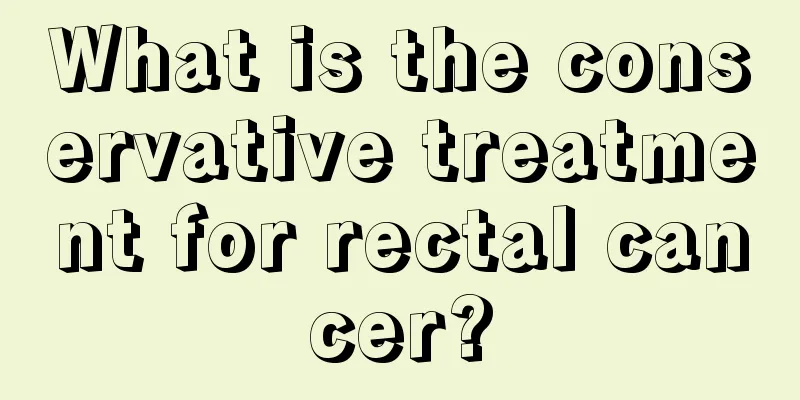What are the treatments for mental illness?

|
Mental illness is a very unstable factor for patients and may occur at any time due to external stimuli. Therefore, the best solution for patients with the disease is to control and treat it in time to prevent the disease from worsening and causing unnecessary consequences. There are many treatments for mental illness. Let’s take a look at what are the treatments for mental illness? Drug therapy can relieve most symptoms, and antipsychotic drugs should be the first choice of treatment. Second-generation (atypical) antipsychotic drugs should be used as first-line treatment drugs. They have relatively few side effects and have a high serotonin receptor blocking effect. They also block dopamine receptors and are called dopamine/5-hydroxytryptamine antagonists. These include risperidone, olanzapine, clozapine, quetiapine, ziprasidone, aripiprazole, paliperidone, and amisulpride. Clozapine is used as a second-line drug because of its serious side effects. First-generation (typical) antipsychotic drugs should be used as second-line treatment drugs. Their main mechanism of action is blockade of dopamine receptors in the brain. Currently commonly used types include: chlorpromazine, haloperidol, penfluridol, perphenazine, fluphenazine, and sulpiride. Long-acting drugs: mainly used for maintenance treatment and patients with poor medication compliance. The first generation of long-acting injectable drugs include haloperidol decanoate, fluphenazine decanoate, and fluphenazine palmitate. Penfluridol is a long-acting preparation of oral haloperidol. Long-acting injections of the second-generation drugs risperidone and paliperidone have been used in my country. Other treatments: ①Psychotherapy: helping to solve patients’ psychological problems and crisis intervention; ② Skill training: help patients restore social functions and master disease management capabilities; ③ Family intervention: Establish a family environment that is conducive to the patient's disease treatment and rehabilitation; ④Community service: Provide patients with all possible services so that they can adapt to normal life in the community and promote their comprehensive physical and mental recovery. |
<<: What are the symptoms of paranoid psychosis?
>>: What are the dietary treatments for breast diseases?
Recommend
What is the cause of dental cyst
Dental cysts are often caused by cystic degenerat...
Can breast milk be put into adults’ eyes?
Everyone knows that breast milk is the best food ...
What is the reason for excess belly fat?
In life, many people have fat on their stomachs. ...
There are horizontal lines on the thumb nail
Feet are very important organs in our body. Norma...
How much lower is the degree of contact lenses than frame glasses?
Contact lenses and frame glasses are both tools f...
What are the early symptoms of lung cancer? 4 clinical symptoms of early lung cancer
For a disease like lung cancer, people will have ...
Why do I have frequent urination and urgency after bladder cancer surgery?
Why does frequent urination and urgency occur aft...
Regular exercise can prolong ejaculation
We all know that if male friends ejaculate for to...
Experts explain the three most common early symptoms of cervical cancer
According to recent survey results, cervical canc...
About how to educate children
The education of children is one of the issues th...
Tips for regulating endocrine in spring
We all know that if the endocrine system is disor...
How to reduce swelling of bruised lips the fastest
Lips are a relatively fragile part of the body. I...
What should lung cancer patients pay attention to in their daily diet? Lung cancer patients should pay attention to three points in their diet
In this era of increasing incidence of cancer, ma...
How to scrape and remove freckles, say goodbye to melasma
As women age, chloasma will appear on their faces...
How to remove Han spots on the body
Pityriasis versicolor usually occurs in summer wh...









